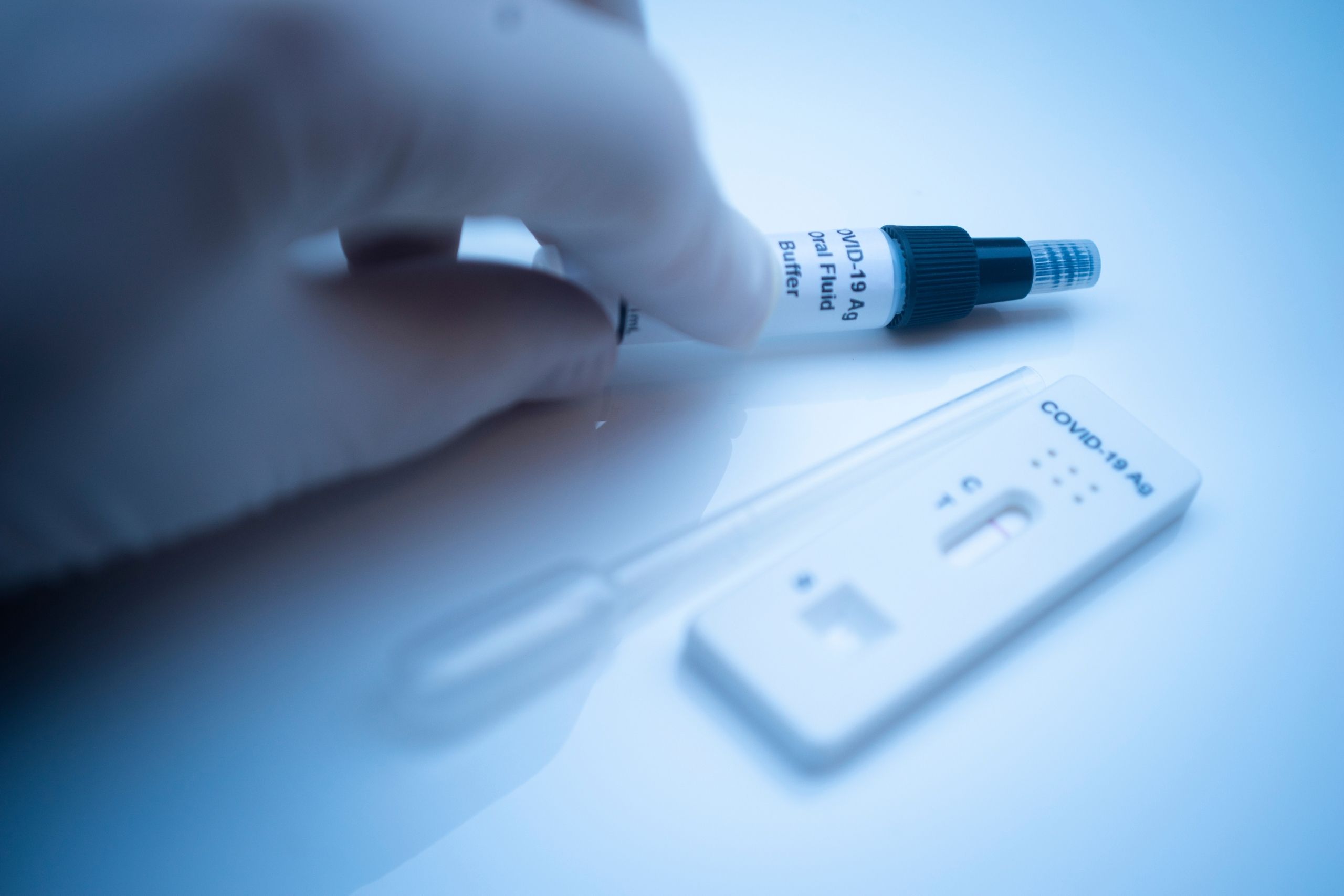It would be difficult to stop the covid-19 pandemic and the spread of the virus throughout the world unless faster detections can be attained. Rapid tests are mostly used for organizations’ screening programs, but they could have a domestic use as well. Despite the multiple ways to detect the virus itself, or exposure to it, finding a test that is sufficiently accurate is vital. Here is an outline of tests we have for detection so far.
- Polymerase Chain Reaction (PCR):
These tests are molecular tests, where the presence of the viral mRNA is investigated. In these tests, they use the samples obtained from nasal or nasopharyngeal swabs.
- Antigen Tests:
Antigen tests fit in the family of rapid tests because the results are usually available within minutes, and the test do not need specialized equipment. This test allows for an early detection of a positive case.
- Antibody Tests:
Antibody tests are used for detection of specific antibodies to SARS-CoV-2 virus formed after the body has been exposed to the pathogen. It requires a blood sample. As it is not clear exactly how long the antibodies stay in the body, we do not recommend using the results taken from a serology test. Antibody detection tests for COVID-19 may also cross-react with other pathogens, including SARS or other coronaviruses. This may lead to a false-positive result for Covid-19. Finally, there is a debate around whether rapid tests detecting antibodies could predict whether an individual is immune to reinfection with the COVID-19 virus or not. There is no evidence to date to support this.
Antigen Rapid Tests

Antigen rapid test is done on the samples obtained from nose or nasopharyngeal region. As the antigens detected are expressed only when the SARS-CoV-2 virus is actively replicating, such tests are best used to identify acute or early infection. Utilizing them will thus help reduce the spread of the SARS-Cov-2 virus, curbing the pandemic. Antigen rapid tests are essential screening tools to help us safeguard our personnel and their families. These antigen rapid tests do not match the accuracy achieved by PCR tests, but their 15-minute fast result is surely advantageous in terms of fast detection. That said, the probability of a negative result in antigen rapid tests are high, and there is no evidence that the person tested does not suffer from COVID-19.
False-negative results are particularly prevalent in cases where samples taken do not include an adequate amount of the virus to be detected.
What Does the Antigen Rapid Test Kit Include

The antigen rapid test kit may include a cassette (the answer is shown on), extraction reagent (solution), swab and instruction for use. Using gloves while administrating the test is recommended.
How Rapid Tests Work

They are self-test kits that utilize cassettes and work by mixing the sample with a solution that releases specific viral proteins. If the tested sample contains SARS-COV-2 antigen, the anti SARSCOV-2 N-protein monoclonal antibody reacts with SARS-COV-2 antigen, forming a complex which later reacts with the second anti SARSCOV-2 N-protein monoclonal antibody fixed at the detection line. The color line appears in the detection area. If the sample is negative, no color line appears in the detection area.
Antigen Rapid Test Benefits

- They provide the result much sooner (within minutes).
- They are handy and convenient.
- They are not as expensive as PCR tests.
- There is no need for a specialist who takes the test.
- They offer a higher accessibility than PCR tests, which can only be taken in Labs.

